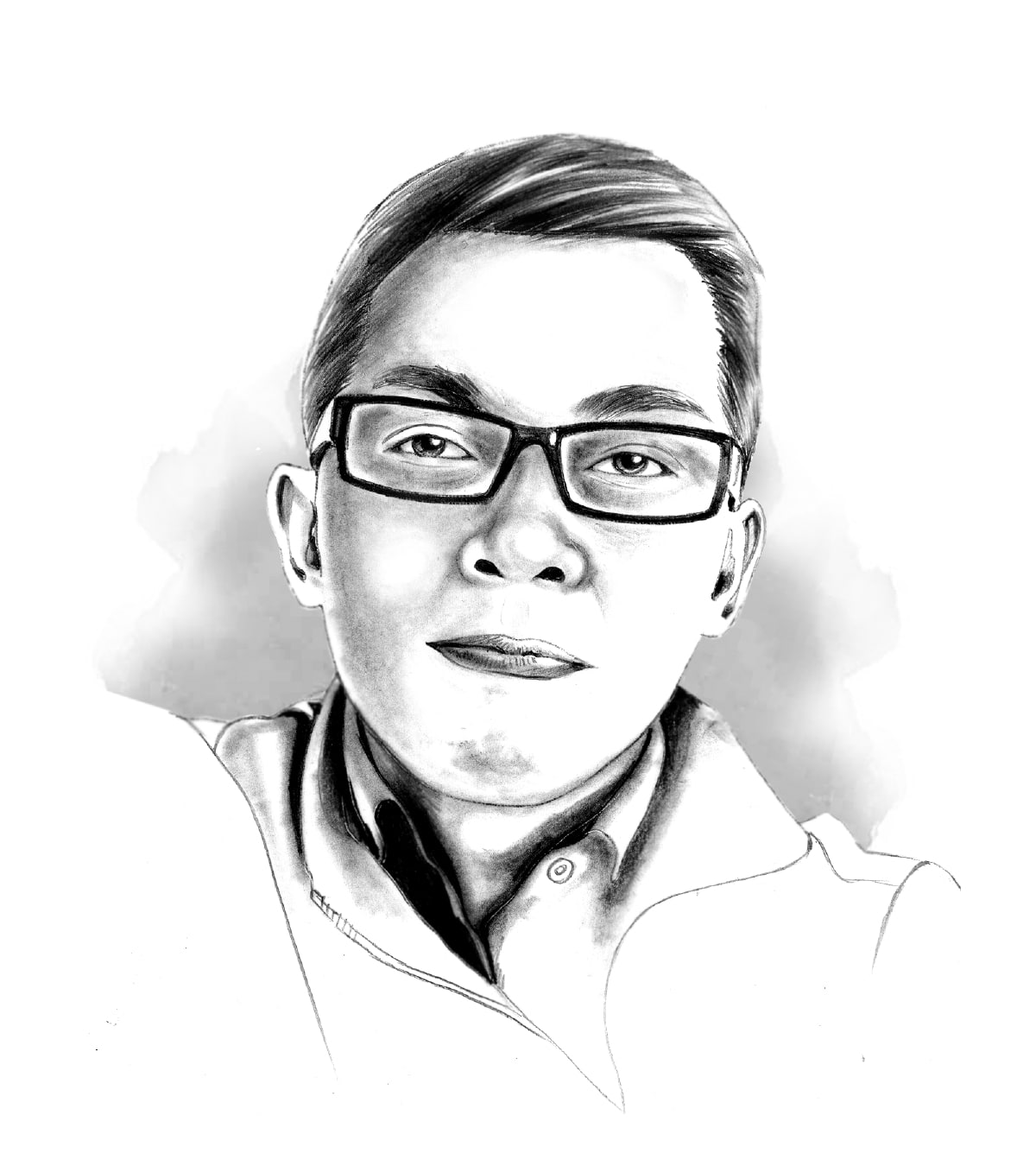HOTSPOT

As of press time, drag artist Pura Luka Vega (PLV) is still detained at the Manila Police District on the strength of an arrest warrant issued by Regional Trial Court Branch 36 Manila for violation of Article 201 of the Revised Penal Code and the Cybercrime Prevention Act of 2012. Bail has been set at ₱72,000.
Those who thought that PLV’s arrest would silence or terrorize anyone are grossly mistaken. In less than 24 hours since the arrest, PLV’s supporters have reportedly raised at least ₱421,252.88 for bail, legal costs, and for travel expenses for PLV’s mother who will be coming over from the province.
The outrage is palpable, as the arrest came amid news of a priest being laicized by the Vatican over alleged sexual abuse, the troubles involving a cult in Surigao, and billions of pesos in questionable expenditures by one of the country’s highest officials. The sense of priority of law enforcers puts PLV's alleged blasphemy right at the very top.
I’ve heard from friends that PLV’s legal counsels are exploring all possible legal remedies from moving to quash the information, to seeking to reopen the preliminary investigation, and to challenging the constitutionality of the “anti-blasphemy law” that PLV supposedly violated.
Specifically, that law is Article 201 (2)(b)(3) of the Revised Penal Code which states:
“Art. 201. Immoral doctrines, obscene publications and exhibitions, and indecent shows. — The penalty of prision mayor or a fine ranging from six thousand to twelve thousand pesos, or both such imprisonment and fine, shall be imposed upon:
“(2)b. Those who, in theaters, fairs, cinematographs or any other place, exhibit indecent or immoral plays, scenes, acts or shows, it being understood that the obscene literature or indecent or immoral plays, scenes, acts or shows, whether live or in film, which are prescribed by virtue hereof, shall include those which: ... (3) offend any race or religion...”
The prohibition of any state religion and the separation of church and state are a legacy of the 1896 Philippine Revolution.
As Fr. Amado Picardal CSSR explained: “From a historical perspective, the principle of separation of Church and state was a reaction to the union of Church and state which was expressed in Patronato Real or royal patronage. This was operative in Europe and in the Philippines for three centuries under Spanish colonial rule. The patronato was based on the principle of the state choosing an official religion – e.g. Catholicism (to the exclusion of other religions) – and the state’s obligation to support such religion. This means providing financial support for the clergy, the building of churches and monasteries, and the defense of the Church against her enemies.”
The country’s founders thought that we cannot attain freedom and progress if we do not end centuries of combined church-state rule by governors-general, the guardia civil, bishops, friars, and priests.
The revolutionary idea, then as now, is that “The separation of Church and State shall be inviolable.” and that “No law shall be made respecting an establishment of religion, or prohibiting the free exercise thereof. The free exercise and enjoyment of religious profession and worship, without discrimination or preference, shall forever be allowed. No religious test shall be required for the exercise of civil or political rights.”
We could expect PLV’s legal team to argue that RPC’s Article 201 (2)(b)(3) is incompatible with and violates not just the Constitution’s provisions on religion but also the rights to free speech and to free expression.
Many contend that this pro-church law is a vestige of the 1870 Codigo Penal, and unfortunately carried over to the RPC in 1930.
Historically, according to the Free Speech Center of the Middle Tennesee State University, “although Christians initially sought converts through speech and persuasion and stressed the separation of religious and political duties (Jesus had said, ‘Render unto Caesar the things that are Caesar’s and to God the things that are God’s’), after Constantine proclaimed Christianity the official religion of Rome, Christians increasingly used state powers to punish both those who blasphemed God and those within their own ranks whom they believed to be heretics.”
Could fervent believers be allowed to continue using a law to punish Pura Luka Vega’s alleged blasphemy and curtail PLVs constitutionally-guaranteed right to free expression as a drag artist in this day and age?
I say, let’s jealously protect our rights to free speech and free expression before it is chipped and taken away from us whether by church or state.